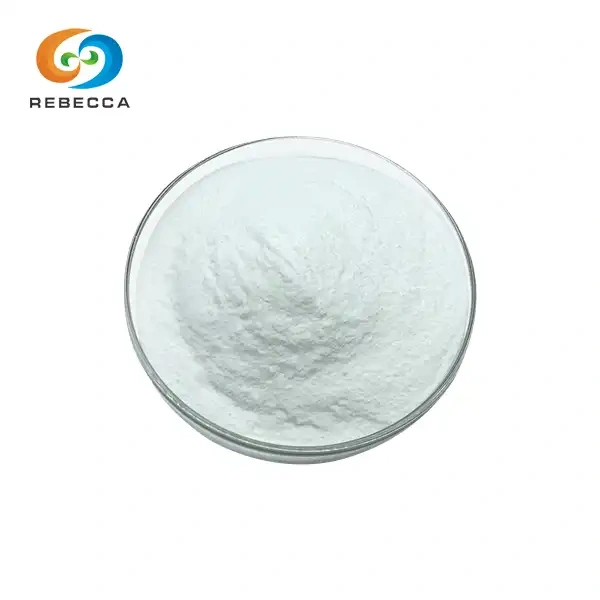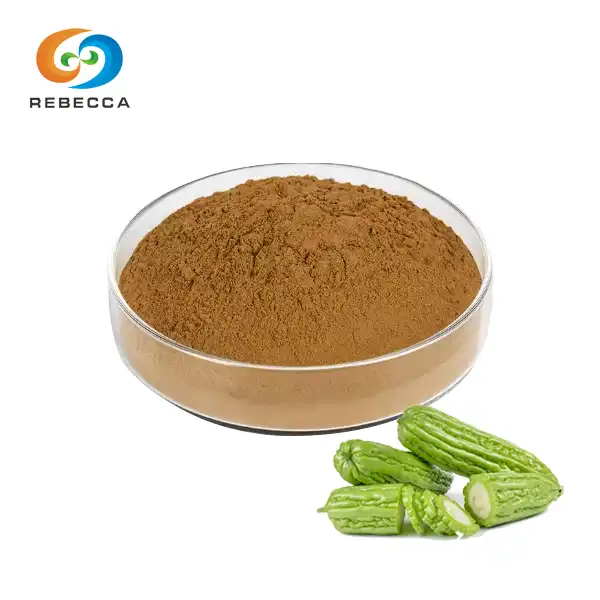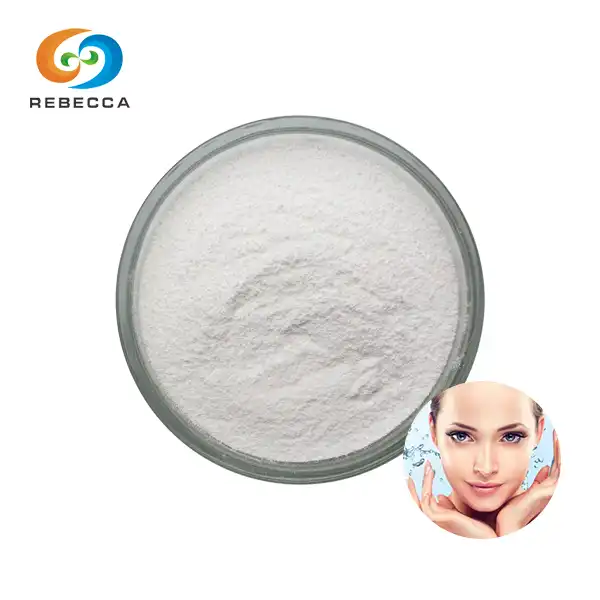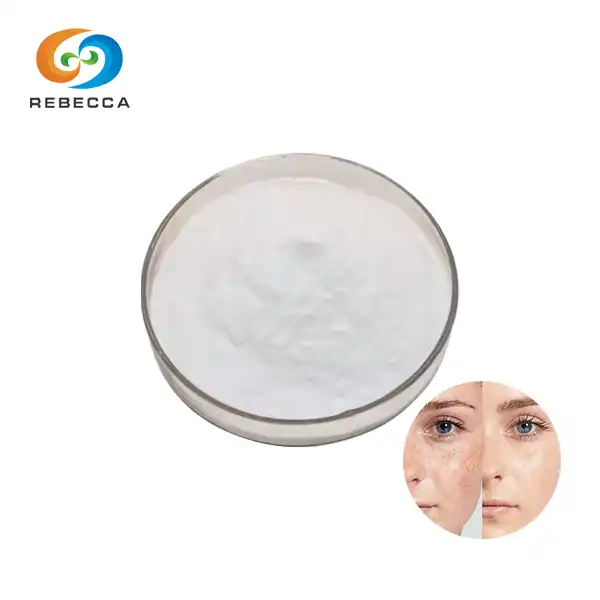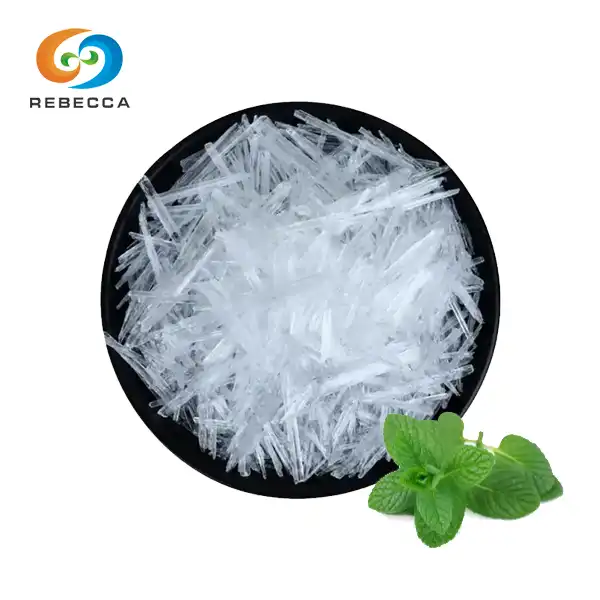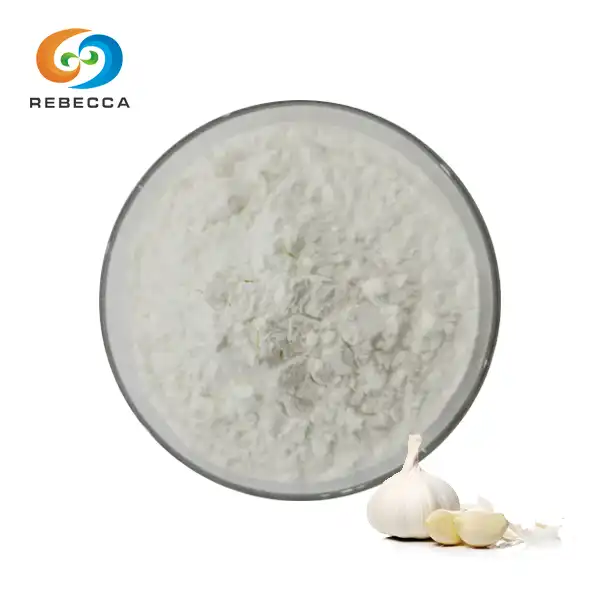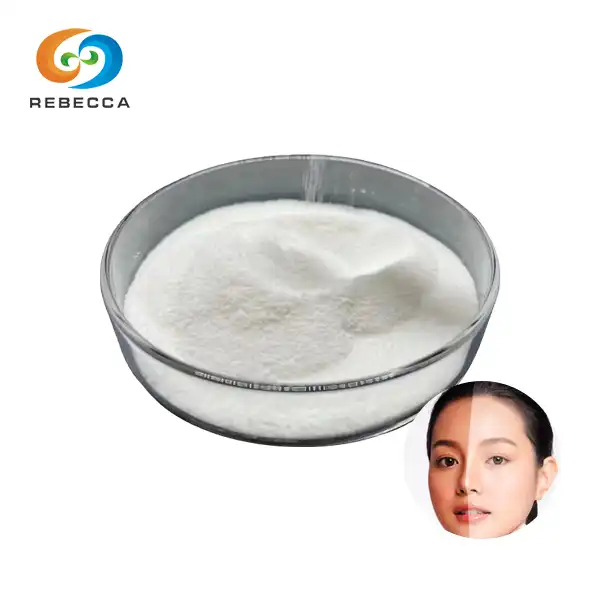What is the best way to take turmeric powder?
Turmeric powder has gained immense popularity in recent years due to its potential health benefits and versatile uses. As more people discover the wonders of this golden spice, a common question arises: What is the best way to take turmeric powder? This comprehensive guide will explore the top benefits of the best turmeric powder, how to choose the best quality product, and various ways to incorporate it into your daily routine for maximum effectiveness.

Top Benefits of the Best Turmeric Powder for Health
Turmeric powder, derived from the root of the Curcuma longa plant, has been used for centuries in traditional medicine and culinary practices. The active compound in turmeric, curcumin, is responsible for many of its health benefits. Here are some of the most notable advantages of incorporating high-quality turmeric powder into your diet:
Anti-inflammatory Properties
One of the most well-known benefits of turmeric powder is its potent anti-inflammatory effects. Chronic inflammation is linked to numerous health issues, including heart disease, cancer, and autoimmune disorders. The curcumin in turmeric has been shown to reduce inflammation at the molecular level, potentially helping to prevent and manage these conditions.
Antioxidant Boost
Turmeric powder is rich in antioxidants, which help protect your body from free radical damage. These antioxidants can neutralize harmful molecules and may play a role in slowing down the aging process and reducing the risk of various diseases.
Improved Brain Function
Research suggests that curcumin may have neuroprotective properties, potentially benefiting brain health and cognitive function. It may help increase levels of brain-derived neurotrophic factor (BDNF), a protein that supports the growth and survival of neurons.
Joint Health Support
The anti-inflammatory properties of the best turmeric powder may be beneficial for individuals with joint issues, such as arthritis. Some studies have shown that curcumin can help reduce joint pain and improve mobility in people with osteoarthritis.
Digestive Health
Turmeric has been traditionally used to support digestive health. It may help alleviate symptoms of indigestion, bloating, and gas. Additionally, some research suggests that curcumin could potentially benefit individuals with inflammatory bowel diseases.

How to Choose the Best Turmeric Powder for Maximum Potency?
To experience the full benefits of turmeric powder, it's crucial to select a high-quality product. Here are some factors to consider when choosing the best turmeric powder:
Curcumin Content
Look for turmeric powder with a high curcumin content, ideally around 3-5%. Some products may specify the curcumin percentage on the label, while others may require contacting the manufacturer for this information.
Organic Certification
Opt for organic turmeric powder to avoid exposure to pesticides and other harmful chemicals. Certified organic products ensure that the turmeric is grown and processed according to strict standards.
Purity
Choose a turmeric powder that is 100% pure, without any additives or fillers. Some lower-quality products may contain artificial colors or other unnecessary ingredients.
Processing Method
Look for turmeric powder that has been minimally processed to retain its natural compounds. Cold-pressed or raw turmeric powder may offer higher potency compared to products that have undergone extensive processing.
Third-Party Testing
Consider purchasing turmeric powder from brands that conduct third-party testing for quality and purity. This ensures that the product meets high standards and is free from contaminants.

Common Ways to Incorporate Turmeric Powder into Your Diet
Now that you've selected the best turmeric powder, let's explore various ways to incorporate it into your daily routine:
Golden Milk
One of the most popular ways to consume turmeric powder is by making golden milk. This warm, comforting beverage combines turmeric with milk (dairy or plant-based), black pepper, and other spices like cinnamon and ginger. The addition of black pepper enhances the absorption of curcumin.
Turmeric Tea
Brew a soothing cup of turmeric tea by steeping turmeric powder in hot water. Add a slice of lemon and a touch of honey for added flavor and benefits.
Smoothies
Boost your morning smoothie by adding a teaspoon of turmeric powder. It pairs well with fruits like mango, pineapple, and banana, as well as leafy greens.
Cooking
Incorporate turmeric powder into your cooking by adding it to curries, soups, stews, and rice dishes. It imparts a warm, earthy flavor and a beautiful golden color to your meals.

Turmeric Latte
Create a caffeine-free alternative to coffee by making a turmeric latte. Combine the best turmeric powder with your choice of milk, a sweetener like honey or maple syrup, and a pinch of black pepper.
Salad Dressings
Whisk turmeric powder into homemade salad dressings for an extra boost of flavor and nutrition. It pairs well with olive oil, lemon juice, and herbs.
Turmeric Shots
For a concentrated dose of turmeric, try making turmeric shots. Mix turmeric powder with water or juice, add a pinch of black pepper, and drink it quickly like a shot.
Supplements
While whole food sources are generally preferred, turmeric supplements in capsule or tablet form can be a convenient option for those who struggle to incorporate enough turmeric into their diet.

Conclusion
Incorporating the best turmeric powder into your daily routine can be a simple and effective way to support your overall health and well-being. By choosing a high-quality product and experimenting with different methods of consumption, you can find the best way to take turmeric powder that works for you. Remember to start with small amounts and gradually increase your intake to allow your body to adjust. With its numerous potential health benefits and versatile uses, turmeric powder is a valuable addition to any health-conscious individual's diet. For more information about high-quality turmeric powder and other natural herbal extracts, please contact us at information@sxrebecca.com.
References
1. Hewlings, S. J., & Kalman, D. S. (2017). Curcumin: A Review of Its Effects on Human Health. Foods, 6(10), 92.
2. Daily, J. W., Yang, M., & Park, S. (2016). Efficacy of Turmeric Extracts and Curcumin for Alleviating the Symptoms of Joint Arthritis: A Systematic Review and Meta-Analysis of Randomized Clinical Trials. Journal of Medicinal Food, 19(8), 717-729.
3. Prasad, S., & Aggarwal, B. B. (2011). Turmeric, the Golden Spice: From Traditional Medicine to Modern Medicine. In I. F. F. Benzie & S. Wachtel-Galor (Eds.), Herbal Medicine: Biomolecular and Clinical Aspects (2nd ed.). CRC Press/Taylor & Francis.
4. Shoba, G., Joy, D., Joseph, T., Majeed, M., Rajendran, R., & Srinivas, P. S. (1998). Influence of piperine on the pharmacokinetics of curcumin in animals and human volunteers. Planta Medica, 64(4), 353-356.
5. Lopresti, A. L. (2018). The Problem of Curcumin and Its Bioavailability: Could Its Gastrointestinal Influence Contribute to Its Overall Health-Enhancing Effects? Advances in Nutrition, 9(1), 41-50.
_1730691017423.webp)










